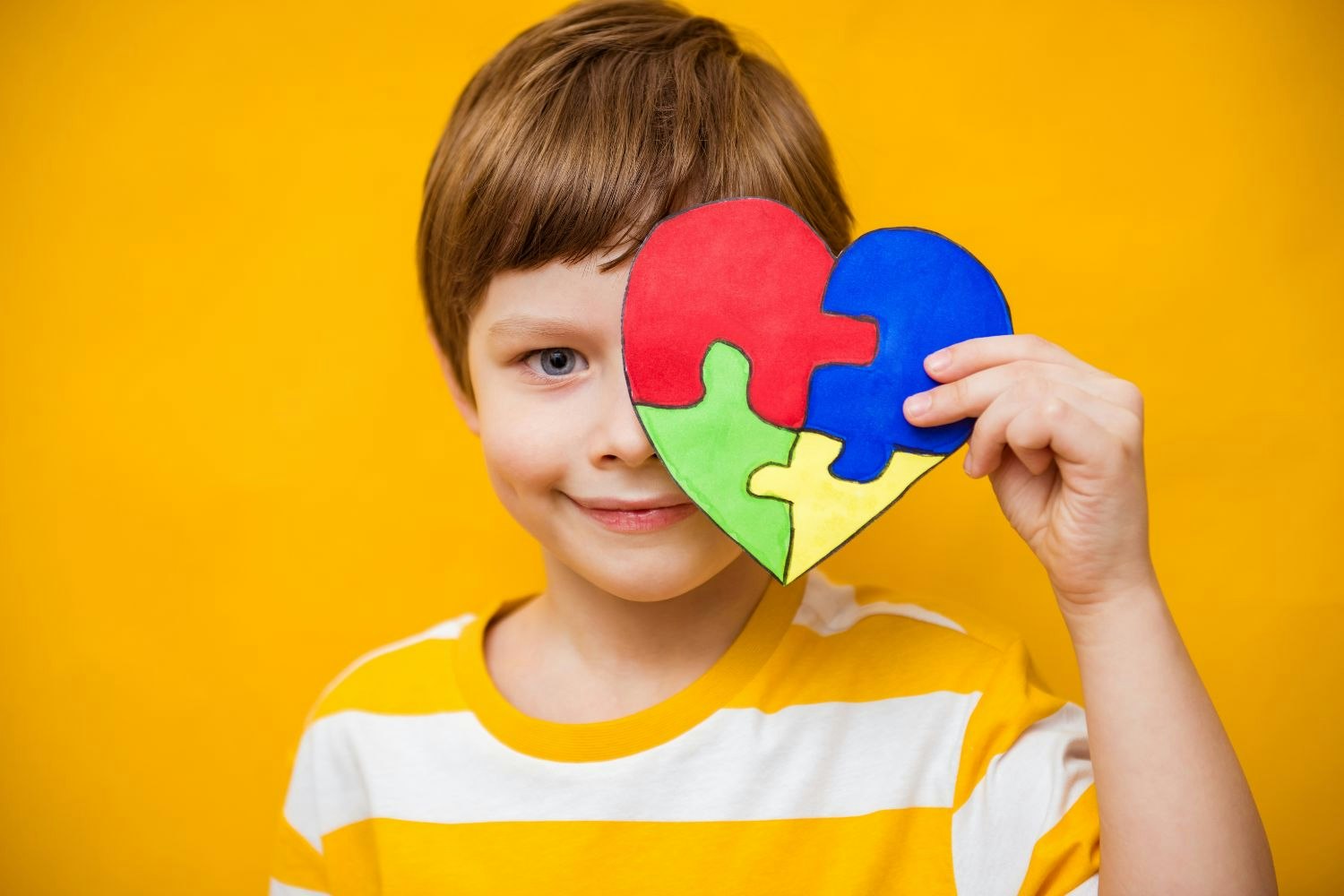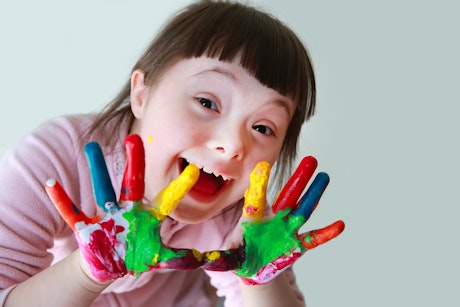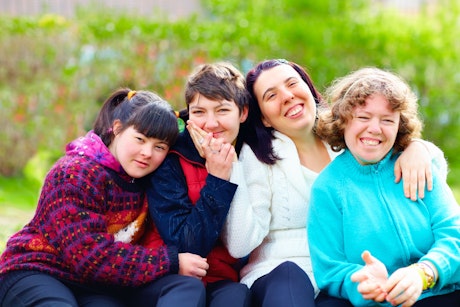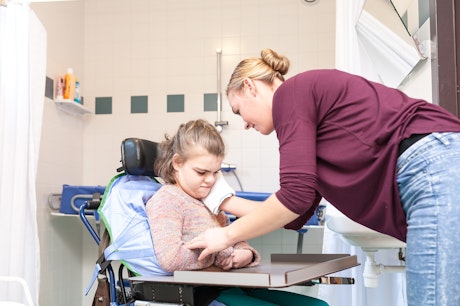
Paediatricians
Paediatricians manage the health of children, including physical, behaviour and mental health issues. They diagnose and treat childhood illness, infections and disease.

This page has an overview of information relating to autism spectrum disorder, also known as ASD and autism, and consumer stories from people with autism explaining how they use supports.
It is a good place to start if you or your child have a diagnosis of autism spectrum disorder, are waiting for a diagnosis, or simply want to explore the other options that are out there in terms of supports. Visit the Topics page for a list of all information guides on autism spectrum disorder.
By scrolling through the guides below you can learn more about autism spectrum disorder, the wide range of support services available and how National Disability Insurance Scheme (NDIS) funding might help.
Additionally, the Disability Support Guide contains a section highlighting the professionals and providers that can help with related supports. More guides to the types of support are available below as well as previews of some other articles related to autism spectrum disorder that can be found on the Talking Disability website.
There are a number of professionals who can help you work through the different challenges of an autism diagnosis. They can help you to understand and adapt to the condition and also give you the tools and support to gain a variety of skills such as communication or social interactions, manage sensory input and manage behaviours.

Paediatricians manage the health of children, including physical, behaviour and mental health issues. They diagnose and treat childhood illness, infections and disease.

Speech therapists work on smoothing out communication and swallowing difficulties in both children and adults.

Occupational therapists (OTs) help people of all ages gain or regain their confidence and independence in everyday life.

Support services to help you manage the planning and funding allocated under NDIS.
From getting help with early intervention, accessing respite care or learning important life skills, there is a wide range of support services available to help you if you are looking for assistance to manage day-to-day life with autism.

Early childhood intervention supports can help maximise your child's development and give them the skills to participate in daily activities.

Being social and active in your community helps you to remain connected and is good for your wellbeing.

Students with disability can access additional support at primary and high school through both internal and external services.

Supports such as personal care, cleaning or nursing care to help look after you in your own home.
Here you’ll find a selection of information articles related to autism that have been published on Disability Support Guide to help you understand the condition or give further insight into getting the right supports.

A lot of people living with autism spectrum disorder (ASD) were diagnosed as a child but sometimes the signs are so subtle that it’s not until adulthood that a person discovers they’re on the spectrum. As awareness of ASD has grown, so too have increases in diagnoses and the public’s understanding that, even later in life, a diagnosis can offer relief and major benefits.

Christmas can be a difficult time for children with disability as routines change, noisy gatherings take place, and they have to move out of their comfort zone. It can be a very overwhelming time of the year.

If you told Natasha Ricks a few years ago that she’d be working in customer service and talking to people on the phone every day, she wouldn’t have believed you.

Autism, also referred to as autism spectrum disorder (ASD) is a lifelong developmental condition affecting many people in Australia
Autism, also referred to as autism spectrum disorder (ASD) is a lifelong developmental condition affecting 1 in every 100 people within Australia.
Not every child with an autism spectrum disorder (ASD) will rock back and forth, avoid eye contact or line their toys up in a structured row. Every child on the autism spectrum will present with different challenges, some more obvious than others.
If you or your child has been diagnosed with autism you may be able to receive Government funded assistance and support services under the National Disability Insurance Scheme. The articles below explain more about NDIS and how to access the Scheme.
Someone with autism spectrum disorder may experience social communication issues and repetitive patterns of behaviour. Find out about the different support levels in this article.
Finding and maintaining paid employment is one of life’s greatest milestones. It can help you make new friends, develop and build on valuable life skills, contribute to the community and find a purpose. There are supports available to help people with autism through their employment journey.
Starting school, whether primary or secondary, can be daunting for any child but especially for children or young adults living with autism spectrum disorder. With lots of new changes, routines and people, your child may feel anxious and overwhelmed.
Every person with autism is different. There are many myths and stereotypes associated with autism and it’s important to know what’s real and what isn’t. Here, we debunk some common myths about people with autism.
By the age of two and a half, Harry’s parents knew that something wasn’t right with his lack of speech and increasingly challenging behaviour issues. Then, Harry was diagnosed with autism spectrum disorder.
Visiting the dentist can be a source of anxiety for many people, but for someone living with autism or sensory sensitivities, the experience can be particularly overwhelming.